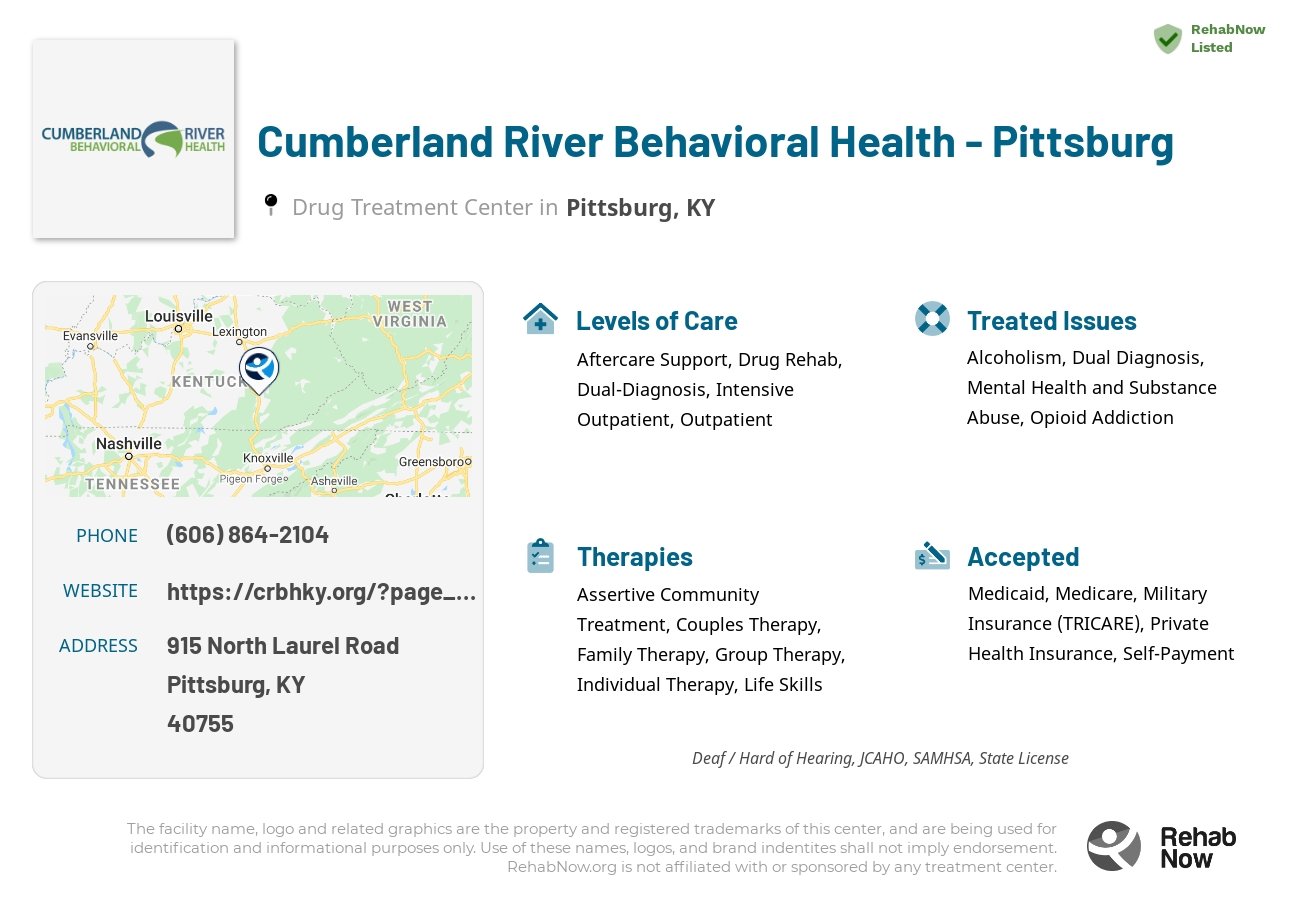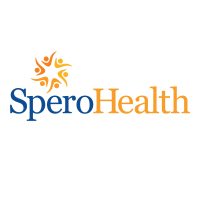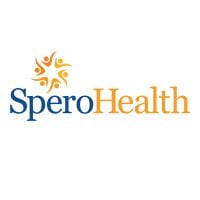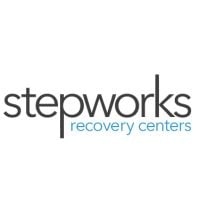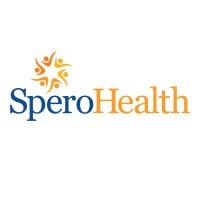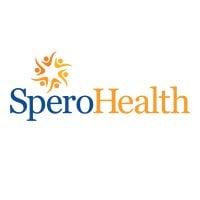Cumberland River Behavioral Health - Pittsburg
Drug Rehab Center in Pittsburg, Kentucky
Cumberland River Behavioral Health - Pittsburg is a comprehensive substance abuse treatment center in Kentucky that offers a variety of traditional and evidence-based treatment modalities, as well as mental health services and specialized treatment for co-occurring disorders, with individualized care plans and recovery support services.
About Cumberland River Behavioral Health - Pittsburg in Kentucky
Cumberland River Behavioral Health in Pittsburg, Kentucky, focuses on outpatient services for individuals battling mental health diagnoses and/or substance addiction. This facility stands out for its commitment to helping community members achieve a lasting recovery and live healthier lives, offering a comprehensive and confidential environment for treatment.
- Individualized Outpatient Services: Tailored to meet each patient's unique needs, aiming for full restoration to their highest potential.
- Comprehensive Treatment Modalities: Utilizes a blend of traditional and evidence-based approaches, including cognitive behavioral therapy and motivational interviewing.
- Flexible Scheduling: Normal operating hours are 8:00 a.m. to 4:30 p.m., with after-hours appointments available, ensuring accessibility for all.
Cumberland River Behavioral Health - Pittsburg is accredited by the Joint Commission and holds certifications from JCAHO, SAMHSA, and a State License, ensuring high standards of care. Their program is designed to support individuals in making positive changes and living healthier lives, with a strong focus on achieving long-term sobriety.
The facility treats a range of addictions and issues, offering specialized treatment for co-occurring disorders like depression and anxiety. Treatment methods include cognitive behavioral therapy, dialectical behavior therapy, and more, across various levels of care tailored to individual needs.
Genders
Ages
Modality
Additional
Accreditations
State License
SAMHSA

JCAHO
Conditions and Issues Treated
Opioid addiction treatment should be done in a medically supervised drug rehab. While taking opioids, users will typically use other substances to enhance the effects of opioids or to reduce the adverse effects of opioid use. Opioid addiction treatment will include detoxification and drug rehab counseling to help both the user and their loved ones learn how to live a successful sober lifestyle.
Treatments such as methadone, buprenorphine, and naltrexone are three medications that can help treat opioid addiction. These drugs work on the brain’s pleasure center and reduce cravings and the effects of illicit opioids such as heroin. These drugs can be either given orally or by injection. Individual drug rehab counseling sessions can be helpful to discuss any questions or concerns with the drug treatment program. This counseling will also help the user set goals for when they finish drug rehab.
Opioid addiction recovery is a long process. Many of the changes to the brain caused by opioid use cannot be undone, but with time and the proper treatment, a person can return to normal function. After detox, treatment will include drug rehab counseling and entering a halfway house or sober living community. Aftercare is critical to long-term recovery, as it helps the user avoid relapsing and entering back into drug rehab.
Levels of Care Offered
This center offers a variety of custom treatment tailored to individual recovery. Currently available are Aftercare Support, Drug Rehab, Dual-Diagnosis, Intensive Outpatient, Outpatient, with additional therapies available as listed below.
Intensive outpatient treatment is a type of comprehensive addiction care. Unlike conventional residential treatment programs, the patients live at home during the recovery process. This means that one can continue working and caring for their families. These also allow people to keep pursuing their studies while also working on their sobriety.
Outpatient treatment can help one transition to normal life from the round-the-clock supervision and treatment available during inpatient treatment. It is an excellent tool to ensure long-term recovery. However, it is essential to note that intensive outpatient treatment in itself does not remove patients from the real-world setting. This means there’s always a higher risk of coming across environmental triggers. To further prevent relapse, an outpatient treatment center should be able to provide ongoing support services.
Once the patient is enrolled in an intensive outpatient treatment program, they will be expected to attend therapy and group meetings daily for a stipulated period. The frequency and duration of each session will depend on the patient’s needs and level of addiction. This can help curb the habit and deal with underlying issues that led to it. Most of these professional treatments are designed to allow patients to structure their daily schedules in a way that is conducive to recovery.
“Outpatient treatment is ideal for those who have a lower intensity addiction. It’s also suitable for those with a supportive environment and those on a tight budget.
Outpatient treatment can be considered the lowest intensity level of addiction treatment. It is ideal for early phase addiction or lower intensity addictions. It may involve weekly sessions instead of daily. Peer group support, 12-step programs, and individual counseling may still be used and anti-addiction medication.
Aftercare support is vital to those who have completed a drug or alcohol treatment program. This support comes in individual and family counseling, treatment of psychiatric and other medical conditions, and medications to reduce cravings. It helps recovering addicts adjust to normal day-to-day activities and can last for a year or longer.
The majority of drug and alcohol addicts who receive aftercare treatment do not relapse. It is estimated that without aftercare, the relapse rate will be between 70 to 90 percent for most people. Aftercare is the final stage in addiction recovery, but it will also help maintain sobriety if relapse does occur.
Therapies & Programs
No single treatment works for all addicts; therefore, the goal of treatment and therapy should be to find what works best for each individual. Some people requiring addiction treatment may only need a few weeks of inpatient care. Others will require long-term residential care. Tolerance and withdrawal levels vary from person to person and thus affect the intensity of the treatment needed.
If an individualized approach to treatment and therapy is not offered, addicts may fail to reap benefits from their efforts. Professionals must customize plans according to their patient’s needs, limitations, and strengths. The goal of all forms of addiction treatment should be for addicts to find healthy ways to cope with their addiction and its underlying causes.
Couples therapy for drug addiction is a unique form of therapy that allows family members to work through the emotional issues of their loved one’s addiction together. Family members can support each other while learning how to cope with the addiction and encourage healthy changes.
Accordingly, couples therapy for drug addiction is designed for an addict and their significant other or spouse. The two will work with a therapist to learn how the addiction affects themselves and the relationship and how to break the negative patterns of behavior that may have developed.
Drug addiction can destroy a person’s life, as well as their family and friends. The loss of one’s ability to choose how to live and behave often leads the addict into depression, anger, guilt, and many emotional problems.
The therapies usually include siblings, children, and parents who are involved in their daily lives. These sessions are vital because they address past issues that may have hampered an addict’s or alcoholic’s recovery and provide support at a crucial time!
One of the most critical aspects of family therapy is helping addicts’ loved ones see their situation in a new light. It’s also one of the most challenging things a family can do when a loved one struggles with addiction or alcoholism.
Group therapy is held in a safe, controlled setting where patients can feel comfortable sharing their struggles and gaining perspective through shared conversations. It takes place in a group rather than one on one to prevent feelings of isolation or being unique in their situation while creating an environment for addicts at Cumberland River Behavioral Health - Pittsburg to develop fellowship, accountability, and support. Group therapy is an important tool in recovery that prevents cravings that prompt a return to active addiction.
Life skills training is beneficial for addicts in recovery because it helps them learn how to take care of themselves and improve their quality of life, which can promote feelings of purpose and motivation.
This type of treatment works by teaching individuals life-enhancing skills that support positive living, including:
- Healthy lifestyle habits
- Skills to effectively manage stress
- Effective communication skills to help them get their needs met without turning to drugs or alcohol
- Money management and budgeting skills so they can continue to take care of themselves after treatment ends.
Payment Options Accepted
For specific insurance or payment methods please contact us.
Is your insurance accepted?
Ask an expert, call (888) 674-0062
Cumberland Behavioral River Health Associated Centers
Discover treatment facilities under the same provider.
- Cumberland River Behavioral Health - Haven House in London, KY
- Cumberland River Behavioral Health - Independence House in Corbin, KY
- Haven House in London, KY
- Cumberland River Behavioral Health - Crossroads in Corbin, KY
- Cumberland River Behavioral Health - Harlan in Harlan, KY
Learn More About Cumberland Behavioral River Health Centers
Additional Details
Specifics, location, and helpful extra information.
Pittsburg, Kentucky 40755 Phone Number(606) 864-2104 Meta DetailsUpdated April 15, 2024
Staff Verified
Cumberland River Behavioral Health - Pittsburg Patient Reviews
There are no reviews yet. Be the first one to write one.
Pittsburg, Kentucky Addiction Information
Kentucky ranks among the top ten states for opioid-related overdoses. Most of these are due to heroin, fentanyl, and prescription opioid use. A little over 11% of the Kentucky population abuses alcohol in a given year. More than 15% of Kentucky adults admit to participating in binge drinking every month.
Treatment in Nearby Cities
- Irvine, KY (38.3 mi.)
- Providence, KY (202.0 mi.)
- Hyden, KY (40.3 mi.)
- Kings Mountain, KY (35.4 mi.)
- London, KY (2.2 mi.)
Centers near Cumberland River Behavioral Health - Pittsburg
The facility name, logo and brand are the property and registered trademarks of Cumberland River Behavioral Health - Pittsburg, and are being used for identification and informational purposes only. Use of these names, logos and brands shall not imply endorsement. RehabNow.org is not affiliated with or sponsored by Cumberland River Behavioral Health - Pittsburg.





